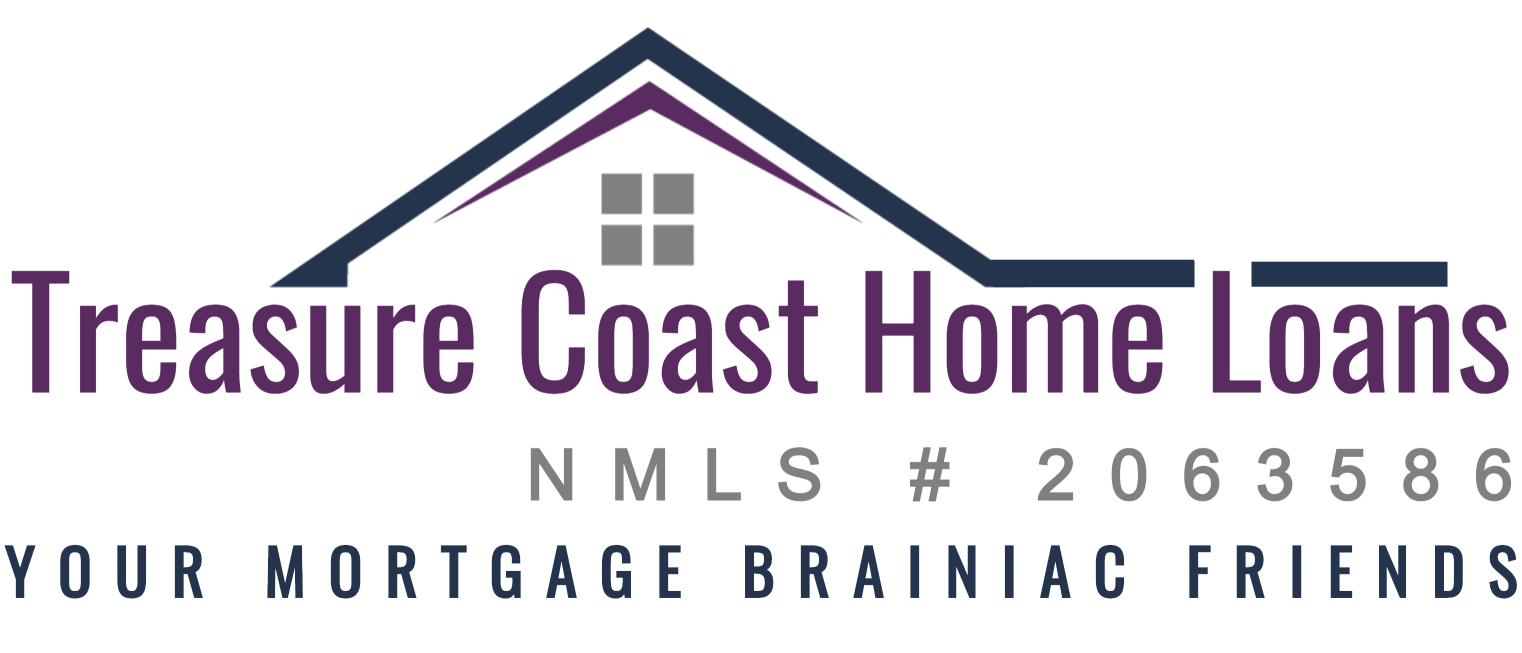Alternative Income Documentation Loans: Your Path to Homeownership as a Self-Employed Borrower
Being self-employed comes with incredible freedom and flexibility, but when it’s time to buy a home, traditional mortgage applications can feel like navigating a maze blindfolded. If you’re a business owner, freelancer, contractor, or gig worker who has struggled with conventional loan requirements, you’re not alone. The good news? Alternative income documentation loans are specifically designed for borrowers like you.

Understanding the Challenge for Self-Employed Borrowers
Traditional mortgage lenders rely heavily on W-2 forms and pay stubs to verify income – documents that self-employed individuals simply don’t have. When your income comes from multiple sources, varies seasonally, or includes business deductions that reduce your taxable income, conventional lending can seem impossible.
Many self-employed borrowers find themselves in the frustrating position of earning substantial income but appearing “poor on paper” due to legitimate business write-offs. This is where alternative documentation loans become game-changers.
What Are Bank Statement Loans?
Bank statement loans are mortgage products that use your personal or business bank statements instead of tax returns to verify income. Rather than relying on your adjusted gross income from tax documents, lenders analyze your actual cash flow over a specified period, typically 12 to 24 months.
This approach provides a more accurate picture of your real earning capacity. Lenders examine deposits, calculate average monthly income, and assess your ability to make mortgage payments based on actual money flowing through your accounts.
How Bank Statement Loans Work
The process is straightforward yet thorough. Lenders review your bank statements to identify regular deposits, exclude one-time windfalls or transfers between accounts, and calculate your qualifying income based on consistent cash flow patterns. They typically use a percentage of your gross deposits – often between 50% to 75% – to account for business expenses.
This method recognizes that self-employed individuals have different financial patterns than traditional employees. It acknowledges that your bank statements tell a more complete story about your financial stability than tax returns alone.
1099 Loans: Perfect for Independent Contractors
If you receive 1099 forms instead of W-2s, traditional lenders might view your income as unstable, even if you’ve worked with the same clients for years. 1099 loans are specifically designed for independent contractors, freelancers, and consultants who receive this type of tax documentation.
These loans recognize that 1099 workers often have more diverse income streams and greater earning potential than their tax returns might suggest. Lenders who offer 1099 loans understand the gig economy and the unique financial profiles of independent workers.
Who Benefits from 1099 Loans?
This loan type is ideal for consultants, freelance writers, graphic designers, real estate agents, construction contractors, ride-share drivers, delivery workers, and anyone whose primary income comes from 1099 contract work. Even if you have multiple 1099s from different sources, specialized lenders can piece together your complete income picture.
P&L Statement Loans: For Business Owners
Profit and Loss statement loans cater to business owners who can provide detailed financial statements but may not want to or be able to provide complete tax returns. These loans use your business’s P&L statements, often prepared by accountants or bookkeepers, to demonstrate income and business viability.
P&L statement loans are particularly valuable for newer businesses that haven’t filed multiple years of tax returns yet, or for business owners whose tax returns don’t accurately reflect their current earning capacity due to previous losses, major deductions, or business growth.
The P&L Advantage
This documentation method allows lenders to see your business income before various deductions and write-offs that might artificially lower your taxable income. It provides a clearer picture of your business’s cash-generating ability and your capacity to handle mortgage payments.
Benefits of Alternative Documentation Loans
Faster Approval Process
Traditional mortgages can take 45-60 days or more, partly due to extensive documentation requirements. Alternative documentation loans often close faster because they require fewer documents and have streamlined verification processes.
Realistic Income Assessment
These loans evaluate your actual earning capacity rather than your taxable income after deductions. This approach can significantly increase your qualifying income, opening doors to better properties and loan amounts.
Flexibility for Non-Traditional Income
Whether your income comes from rental properties, investments, seasonal businesses, or multiple part-time ventures, alternative documentation loans can accommodate complex income scenarios that traditional lenders might reject.
Less Documentation Stress
Instead of scrambling to provide years of tax returns, business licenses, profit and loss statements, and countless other documents, you can often qualify with just bank statements or basic financial records.
Who Should Consider These Loan Options?
Alternative documentation loans serve various types of borrowers who don’t fit the traditional employment mold:
Business Owners who write off significant expenses, reducing their taxable income below their actual earning capacity. Restaurant owners, retail shop proprietors, and service business operators often fall into this category.
Freelancers and Consultants who work with multiple clients throughout the year. Writers, designers, marketing professionals, and IT consultants frequently benefit from these programs.
Real Estate Professionals including agents, brokers, property managers, and investors whose income fluctuates with market conditions and deal closings.
Construction and Trade Workers such as contractors, electricians, plumbers, and craftspeople who often work as independent contractors.
Healthcare Professionals including traveling nurses, locum doctors, and healthcare consultants who work on contract basis.
Creative Professionals like artists, musicians, photographers, and entertainers whose income might be irregular but substantial.
What Lenders Look For
While these loans offer more flexibility, lenders still need to assess your creditworthiness and ability to repay. They typically evaluate credit score, cash flow consistency, business stability, and debt-to-income ratios calculated using alternative documentation.
Lenders want to see consistent deposits over time, reasonable business expenses, and evidence that your income is likely to continue. They may require explanations for large deposits or unusual transactions to ensure income legitimacy.
Preparing Your Application
Success with alternative documentation loans requires organized financial records. Gather 12-24 months of bank statements, ensure all deposits are clearly identifiable, and be prepared to explain your business model and income sources.
Consider working with a CPA or bookkeeper to prepare clean, professional financial statements. Having organized records demonstrates professionalism and makes the underwriting process smoother.
Finding the Right Lender
Not all mortgage lenders offer alternative documentation programs. Work with mortgage brokers or lenders who specialize in self-employed borrowers and understand the unique challenges you face. These professionals can guide you toward the best loan program for your specific situation.
Making Your Dream Home Accessible
Alternative documentation loans have opened homeownership doors for millions of self-employed Americans. Whether you’re a seasoned business owner or a freelancer just starting out, these loan programs recognize that income comes in many forms and that your financial story is more complex than what appears on a tax return.
The path to homeownership doesn’t have to be blocked by traditional employment requirements. With the right loan program and proper preparation, your entrepreneurial success can translate directly into mortgage qualification and the keys to your new home.
Don’t let non-traditional income keep you from achieving homeownership. Explore these alternative documentation options and discover how your real earning power can work in your favor in today’s mortgage marketplace.
Start Your Mortgage Application with Treasure Coast Home Loans
Your Local Mortgage Broker
Mortgage Broker Port St. Lucie, Florida
Learn More About the Mortgage Process.
Check Out Our Google Verified Reviews










